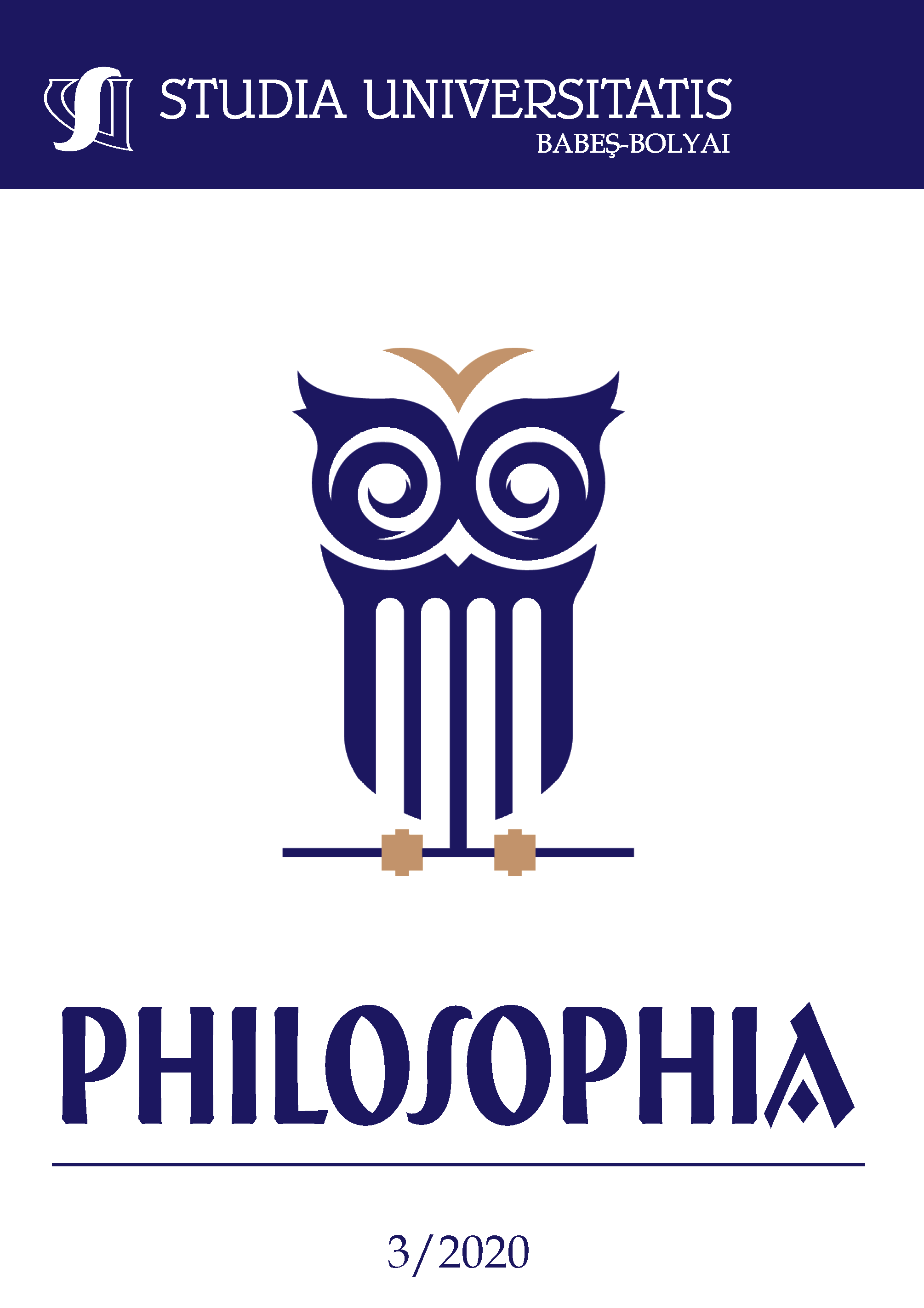MEDIATIONAL FIELDS AND DYNAMIC SITUATED SENSES
MEDIATIONAL FIELDS AND DYNAMIC SITUATED SENSES
Author(s): Carlos Mario Márquez SosaSubject(s): Epistemology, Analytic Philosophy, Philosophy of Mind, Philosophy of Language, Phenomenology
Published by: Studia Universitatis Babes-Bolyai
Keywords: Mediational Contents; Nonconceptual contents; Dynamic Thoughts; Singular Reference; Context-Sensitivity;
Summary/Abstract: The purpose of this paper is to introduce the notions of mediational fields and dynamic situated senses as a way to identify the structure of experiences, thoughts and their relations. To reach this purpose I draw some lessons from the debate between Dreyfus and McDowell about the structure of experience, from Cussins’s conception of mediational contents, and from Evans’s account of singular senses. I notice firstly that McDowell’s answer to Dreyfus consists in developing a practical and demonstrative notion of the products of our conceptual capacities. A conception that entails that human experience is not entirely characterised in terms of an abstract specification of truth-conditions. McDowell and Cussins endorse Evans’s conception of singular senses. A specification that takes into account the dynamic and situated abilities involved in making reference. Whereas the first argues in favour of a conceptual conception of experience, the second one argues in favour of a nonconceptual conception. I introduce the notions of mediational fields and dynamic situated senses to argue that both converge in conceiving the contents of experience as mediational and not reducible to an abstract specification of truth-conditions. My proposal is to define a bidimensional space orthogonal to the conceptual/ nonconceptual, experience/thought, know-how/know-that dichotomies. Cognitive contents are ways to disclose the world both as mediational fields and as referential structures. The degree in which those elements are presented determine different varieties of cognition. I use the previous notions to develop the sketch of an account of singular, objective and contextual ways of cognition, and to argue that it is better to begin an enquiry about cognition with notions that do not presuppose a distinction between practical and intellectual capacities.
Journal: Studia Universitatis Babes-Bolyai - Philosophia
- Issue Year: 65/2020
- Issue No: 3
- Page Range: 51-72
- Page Count: 22
- Language: English

